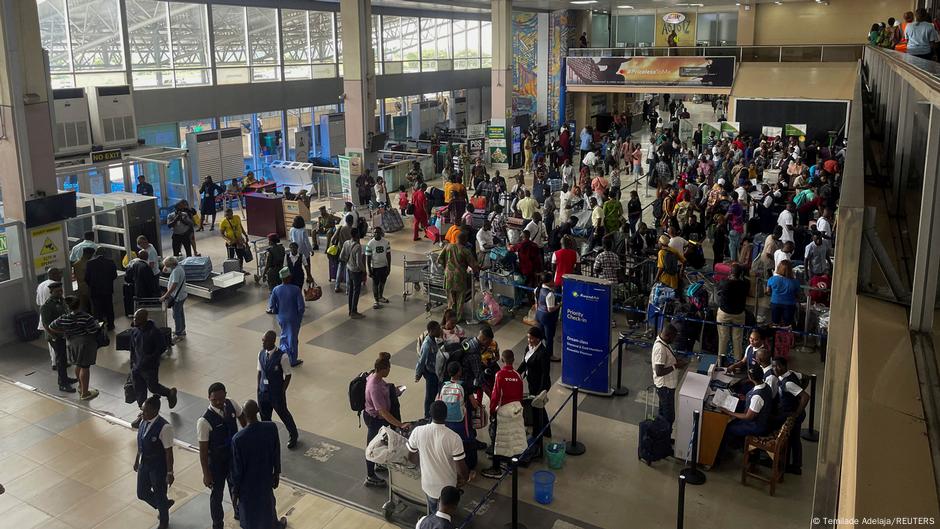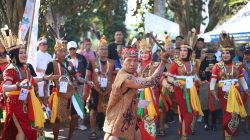Changes in US Visa Policy for Nigerians
The United States has introduced a new policy regarding visas for Nigerian citizens, specifically those applying under non-immigrant and non-diplomatic categories. This change involves the issuance of single-entry visas with a three-month validity period, marking a shift from the previous five-year multiple-entry visa system that was available to Nigerians.
Support kami, ada hadiah spesial untuk anda.
Klik di sini: https://indonesiacrowd.com/support-bonus/
This update was officially communicated by the US embassy in Nigeria through its website on July 8. The move signifies a significant alteration in how Nigerian travelers can access the US. Previously, individuals could benefit from long-term multiple-entry visas, which allowed them to travel in and out of the country without needing to reapply frequently. However, this new policy requires applicants to obtain a new visa for each visit, which may affect the ease of travel for many Nigerians.
The decision comes amid broader discussions about immigration policies and international relations. President Donald Trump has previously issued directives that have affected travel from several countries, including a ban on citizens from 12 nations, seven of which are in Africa. While these actions have sparked debate, they reflect the administration’s approach to managing immigration and national security concerns.
In addition, a State Department memo from June suggested that the US was considering a potential travel ban on 36 other countries, including Nigeria. However, this proposed expansion of the ban has not yet been officially announced, leaving some uncertainty about future developments.
Support us — there's a special gift for you.
Click here: https://indonesiacrowd.com/support-bonus/
The US State Department emphasized that visa reciprocity is an ongoing process and can be adjusted at any time. This means that the rules governing entry into the US can change based on various factors, such as diplomatic relations, security considerations, or shifts in policy priorities. As such, travelers should remain informed about any updates that may affect their ability to enter the country.
Nigeria has expressed concerns about the potential impact of these changes on its relationship with the US. A Nigerian foreign ministry official noted that Nigeria does not have a similar policy toward US citizens, highlighting the asymmetry in visa regulations between the two countries. This disparity could influence diplomatic interactions and trade relations.
According to the State Department, Nigeria received nearly one-fifth of the non-immigrant visas issued by the US government in 2024 within Africa. This figure underscores the significance of Nigeria as a source of visitors to the US and highlights the potential consequences of the new visa policy on bilateral ties.
Diplomatic Engagement and Trade Considerations
In parallel to these visa changes, President Trump is also engaging with leaders from five African countries—Gabon, Guinea-Bissau, Liberia, Mauritania, and Senegal—to explore commercial opportunities. These leaders are expected to attend a White House lunch, followed by closed-door meetings that will take place through Friday. This engagement reflects the administration’s focus on strengthening economic ties with African nations.
The Nigerian foreign minister recently warned that travel bans and tariffs could hinder potential trade deals with West Africa, particularly in sectors such as rare earth minerals and energy. This caution highlights the delicate balance between national security measures and economic cooperation. As the US continues to navigate its immigration policies, it must also consider the broader implications for trade and diplomatic relations with key partners in Africa.
Overall, the changes in US visa policy for Nigerians represent a complex interplay of security, diplomacy, and economic interests. As these policies evolve, they will likely shape the experiences of travelers and the dynamics of international relations between the US and Nigeria.







